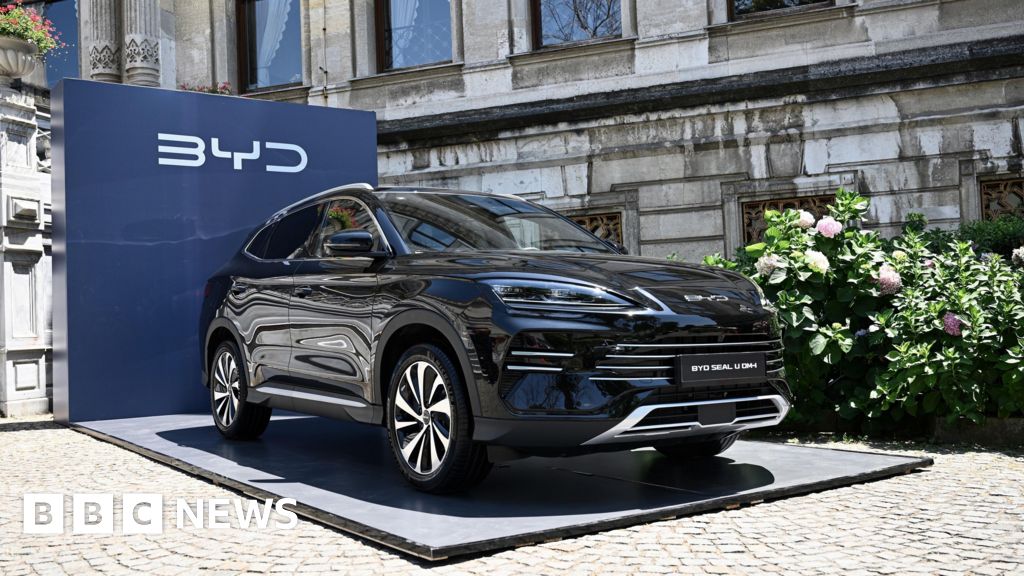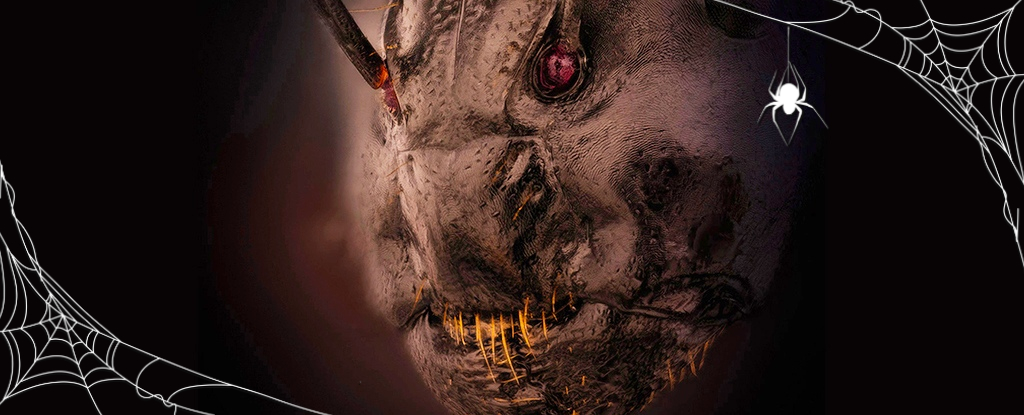A A 113-year-old courthouse with a towering copper dome near the banks of the Truckee River in Reno, Nevada, was the center of a family drama for several days last week that could over time affect the information and opinion consumption of millions of people around the world.
What is at stake may be the fate of one of the world's most powerful media empires, Fox News in the United States, which has been the driving force behind Donald Trump's MAGA movement as he seeks to return to the White House.
If Rupert Murdoch, 93, succeeds in his legal bid to change the voting rights of the family trust to ensure that his chosen successor and conservative-leaning eldest son, Lachlan Murdoch, 53, takes over the company after his death, little may change.
According to Meridoch-owned company Wall Street Journal Murdoch argues that “the transfer of voting control of the trust to Lachlan should be allowed because it is in the best interests of all beneficiaries, including his other children.”
But if the father loses, younger brother James Murdoch, in partnership with his sisters Prudence and Elizabeth, could force Fox News to move away from the conservative news alliances their father and brother have embraced.
Such a decision would be a seismic event in American politics. No other media force in the United States has had the influence that Fox News has had over the past two decades. Fox News has become a driving force for American conservatism, and Republicans and Democrats alike fear its power. It has been condemned by many for its conservative bias, and many of its hosts have become darlings of the American right and powerful players in their own right.
Figures like Sean Hannity wield enormous power within the MAGA universe, while former host Tucker Carlson — now exiled from the station where he rose to power — has withered outside of it and has been largely unable to recreate the influence he had on the air with Fox viewers.
Discussing the various scenarios at stake in Reno is the talk of the town at Fox News headquarters in downtown New York City, where TV hosts debate repositioning their personal brands if the liberal-leaning James wins and opening backroom contacts with him if his father and rival brother prevail.
But despite their enormous significance, the legal arguments about the “Murdoch Family Trust” made inside the impenetrable walls of the Reno courthouse annex in the 1960s are known only to the judge, court staff, Rupert Murdoch, his first and second sets of children, and an army of lawyers, including Trump’s attorney general, William Barr.
“A family trust such as the one at issue in this case … is essentially a private legal arrangement,” Washoe County Probate Commissioner Edmund J. Gorman Jr. wrote in an 18-page recommendation before the parties met.
The proceedings pit Murdoch, 93, and his chosen successor Lachlan against his three more liberal-leaning siblings, Prudence, Elizabeth and James, over future control of Fox Corp and News Corp, which Murdoch owns through the family's control of the global empire's share structure via an irrevocable trust set up in 1999.
James, Elizabeth and Prudence want to maintain trust and oppose Murdoch's proposed change that would give Lachlan control because they would lose voting power.
While Lachlan’s politics lean comfortably to the right and are in line with his father’s, the other siblings who oppose him have a different worldview. James Murdoch even hosted Joe Biden at his home for a fundraiser in 2022 and has endorsed Kamala Harris to defeat Trump in 2024.
But Fox’s policy will not be the subject of much debate at Renault. Rather, much of the argument will be an examination of corporate governance agreements in the United States that allow a family to control a company in which it does not own a majority shareholding through a so-called dual-class share structure – in effect, the family’s shares are more powerful than those of others.
For example, Rupert Murdoch owns 17% of the shares in the media empire and 39% of the voting power.
“The struggle for control of the Murdoch empire is only magnified by the dual class structure,” he says. “The idea is, I’m the smartest person in the world, and I should run the company as if I were its owner,” says Charles Elson, one of the leading experts on corporate governance issues in the United States. “The other shareholders can say, ‘We believe you.’ If that’s a condition of investment, so be it.”
But critics of the unequal voting system say the structure weakens executive accountability. “That’s the problem — it basically destroys accountability,” Elson says.
He adds that passing this power from generation to generation only makes matters worse. “How do you know talent is hereditary? Just because they are sons doesn’t mean they have the same business acumen as their father, and that shouldn’t be how you choose the leader of a company or a country.”
Michael Wolff, Murdoch’s biographer and adversary, recently wrote that the late Fox News chairman and chief executive Roger Ailes told him that Murdoch’s sons, Lachlan and James, “both wanted to be little kings.” But that was before the open war broke out.
“I think they both really believe they came to Earth to show their father, not the reality, which is that they would be mid-level media executives making a quarter of a million dollars a year and grateful for it, without their father.”
Earlier this month, hedge fund Starboard Value sent a letter to shareholders of News Corp., the parent company of The Wall Street Journal and The New York Post, calling on the company to eliminate its dual share structure.
In the letter, Starboard CEO Jeffrey Smith said: “This transfer of power from Rupert Murdoch to his children has allowed complex family dynamics to potentially impact News Corp’s stability and strategic direction.”
Having four Murdoch children with voting rights “may be a paralysis of strategic direction,” Smith added, and more importantly, “we are not sure why their views carry more weight than those of other shareholders.”
News Corp said it believes its dual capital structure “promotes stability and facilitates the successful execution of News Corp's transformation strategy and long-term excellence for all News Corp shareholders.”
The outcome of the Nevada court battle will not immediately affect the family’s control of the Murdoch empire, but it could eventually affect it if Murdoch dies or becomes incapacitated. “If the shares are split and the family doesn’t agree, the company could face real challenges and it could be a very bumpy ride for other investors who aren’t part of the drama,” he said.
But as a convoy of black SUVs carried the warring Murdochs in and out of court last week, there was at least one certainty, Elson says: While Rupert Murdoch is still alive, the company remains under his control.
“Rupert Murdoch is running things, and when he's gone he won't have any worries about this. He's done.”

“Extreme travel lover. Bacon fanatic. Troublemaker. Introvert. Passionate music fanatic.”







More Stories
Chinese company BYD surpasses Tesla's revenues for the first time
Dow Jones Futures: Microsoft, MetaEngs Outperform; Robinhood Dives, Cryptocurrency Plays Slip
The US economy grew at a strong pace of 2.8% in the last quarter thanks to strong consumer spending